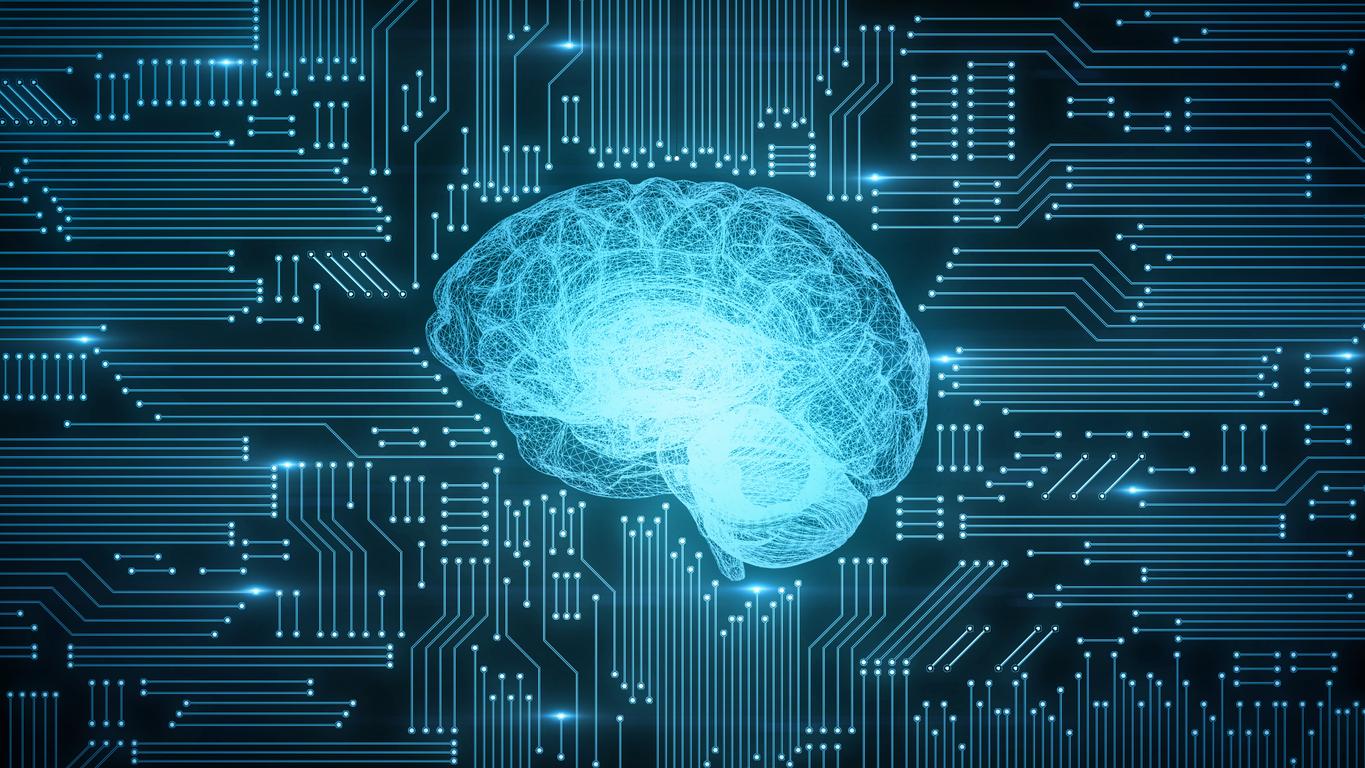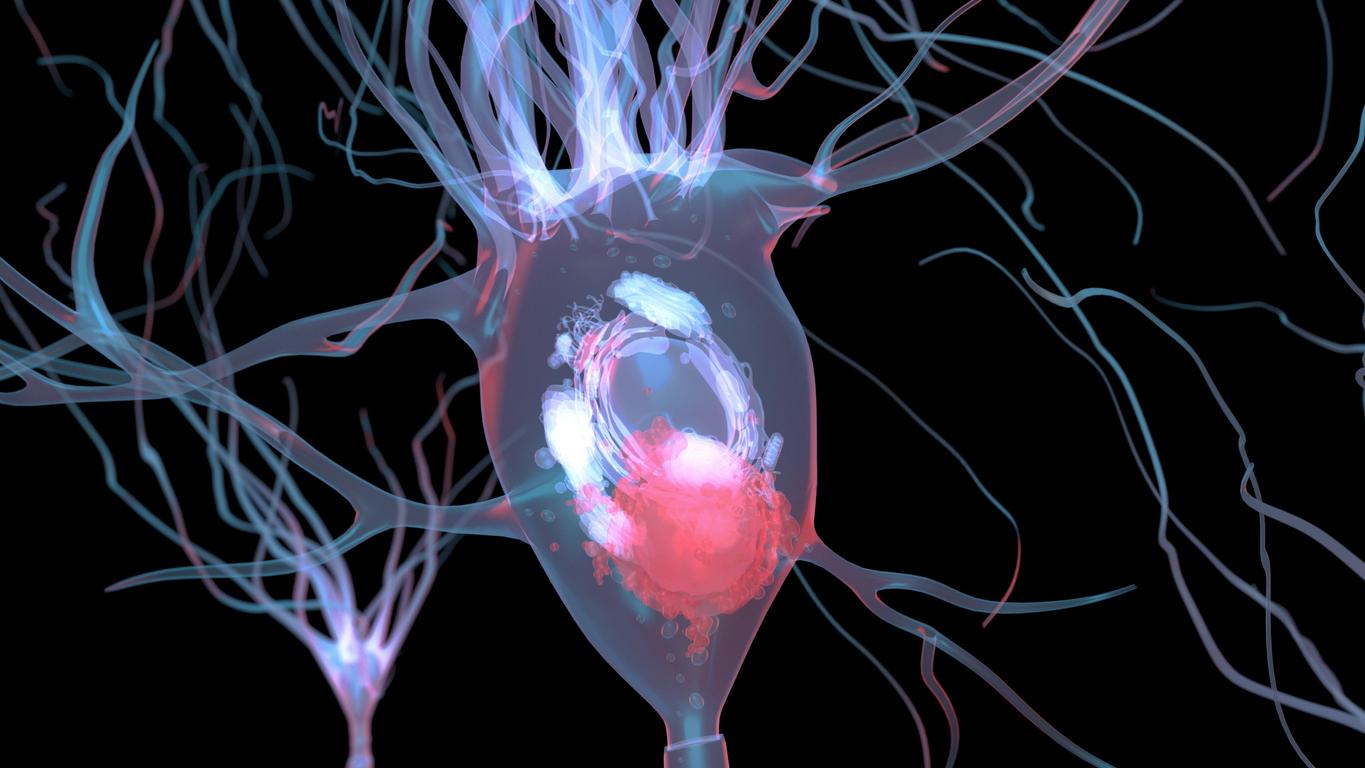Imagine a future where simply sleeping could help detect serious neurodegenerative diseases, such as Alzheimer’s or Parkinson’s, at an early stage.

- Artificial intelligence (AI) is revolutionizing medical diagnosis, particularly in the fight against neurodegenerative diseases.
- Analyzing electroencephalogram (EEG) recordings during sleep allows AI to detect abnormalities indicating Alzheimer’s or Parkinson’s disease.
- Early diagnosis using AI offers the possibility of more effective intervention and better patient care.
This is what artificial intelligence (AI) promises, which is revolutionizing the field of medical diagnosis and opening up new perspectives in the fight against these diseases that affect millions of people around the world.
AI is increasingly interested in sleep, not for its quality, but for the valuable information it can reveal about how the brain works. By analyzing electroencephalogram (EEG) recordings taken during sleep, AI can identify abnormalities that could be a sign of a neurodegenerative disease.
Researchers at Stanford University have recently developed an AI algorithm that can detect Alzheimer’s and Parkinson’s disease with remarkable accuracy simply by analyzing patients’ sleep data. This discovery paves the way for more effective early diagnosis, allowing patients to benefit from treatments and monitoring at an earlier stage of the disease.
Early diagnosis is crucial in the fight against neurodegenerative diseases. Indeed, the earlier the disease is detected, the more likely it is that treatments will be effective and delay the progression of the disease. Currently, the diagnosis of these diseases is often based on clinical symptoms that can appear at an advanced stage, when brain damage is already significant and irreversible.
AI offers the potential to detect signs of disease before clinical symptoms appear, enabling earlier intervention and better patient care. This could have a significant impact on patients’ quality of life and the socio-economic burden associated with these conditions.
AI at the heart of personalized medicine
AI analysis of sleep data is part of a broader trend of personalized and predictive medicine. Indeed, by analyzing large amounts of individual data, AI can identify patterns and biomarkers that can predict the risk of developing certain diseases and tailor therapeutic interventions to the specific characteristics of each patient.
This personalized approach to medicine opens new perspectives for the prevention, diagnosis and management of chronic diseases, such as neurodegenerative diseases. AI could thus contribute to significantly improving the quality of life of patients and reducing the socio-economic burden linked to these pathologies.

Challenges to be met
The use of AI for sleep data analysis and early diagnosis of neurodegenerative diseases has undeniable potential, but it is important to also consider the challenges before considering widespread application of this approach.
The quality and diversity of the data used to train the AI algorithm are crucial to ensure its accuracy and avoid bias. The interpretation of AI results should also be performed by an experienced physician, taking into account the individual clinical characteristics of the patient.
Ethical issues, such as the protection of personal data and informed consent of patients, must also be taken into account for the responsible use of AI in the medical field.
The use of AI for sleep data analysis and early diagnosis of neurodegenerative diseases represents a promising advance in the fight against these pathologies. This approach offers the possibility of earlier diagnosis, more effective management and more personalized medicine.
Continued research, close collaboration between researchers and clinicians, and careful consideration of ethical implications are needed for AI to fully play its role in combating neurodegenerative diseases and improving patients’ quality of life.

















